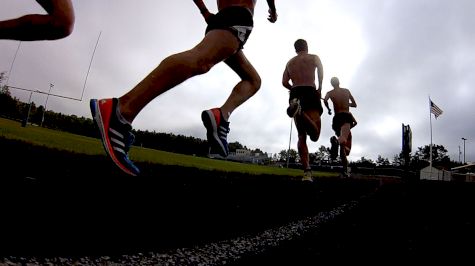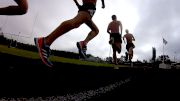German Fernandez: Rising from the ashes?
Running is full of personal mantras that if espoused often enough, become universal truths. Two mantras that currently apply to German Fernandez are “Talent does not go away” and “You’re only as good as your last race.” The former quote provides hope for Fernandez fans while the latter casts a shadow of doubt over his future running career.
Sep 10, 2012



